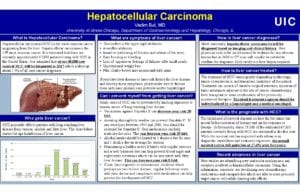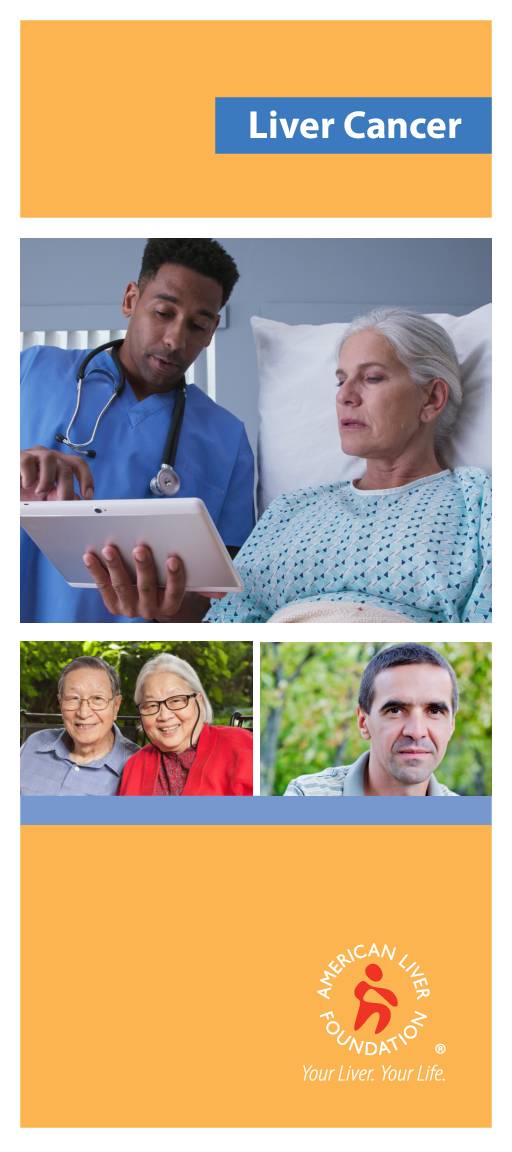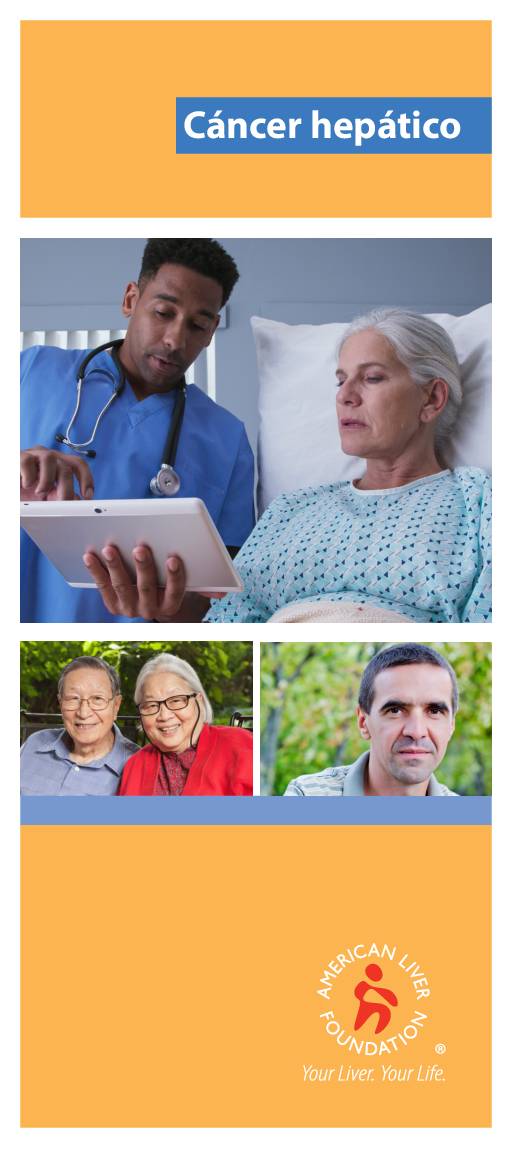A risk factor is something that increases the possibility of developing a disease. Certain conditions or behaviors can increase a person’s chances of developing liver cancer. Having cirrhosis is a risk factor for developing hepatocellular carcinoma (primary liver cancer). Cirrhosis is severe scarring of the liver due to a progression of damage to the liver, usually over many years. People often think that overuse of alcohol is the only way that cirrhosis can occur. In fact, drinking alcohol in excess is only one way in which a person can get cirrhosis.
Long-term (chronic) hepatitis B and hepatitis C infections are linked to liver cancer because they often lead to cirrhosis if they are undiagnosed and/or untreated. Hepatitis B is an exception to the norm in that it can lead to liver cancer without first causing cirrhosis in the progression of liver damage.
People with fatty liver may over time develop complications including cirrhosis, thereby putting them at risk for liver cancer. Certain conditions increase one’s chances of having fatty liver, including obesity, type 2 diabetes, high cholesterol, and high triglycerides.
People with certain hereditary and/or rare diseases may be prone to developing liver cancer. These include:
Environmental exposure to aflatoxins (poisonous cancer-causing agents produced by molds that grow in soil, decaying vegetation, hay, and grains) may lead to liver cancer.
Finally, long-term use of anabolic steroids has been linked to the development of liver cancer in some people.
People with any risk factor, or those who have been diagnosed with cirrhosis, should speak with their doctors about cancer screening and surveillance so that should cancer develop, it may be diagnosed sooner rather than later.

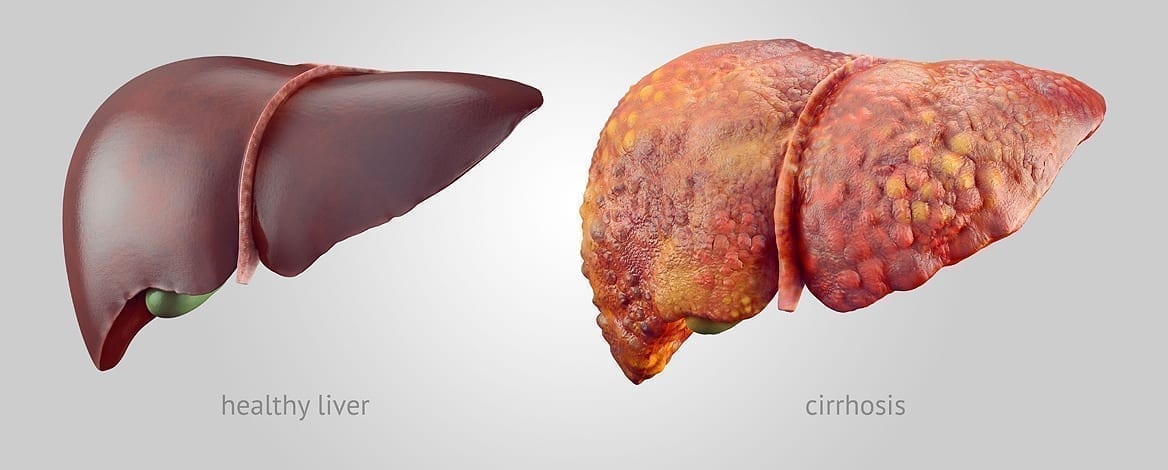 Liver disease is a
Liver disease is a 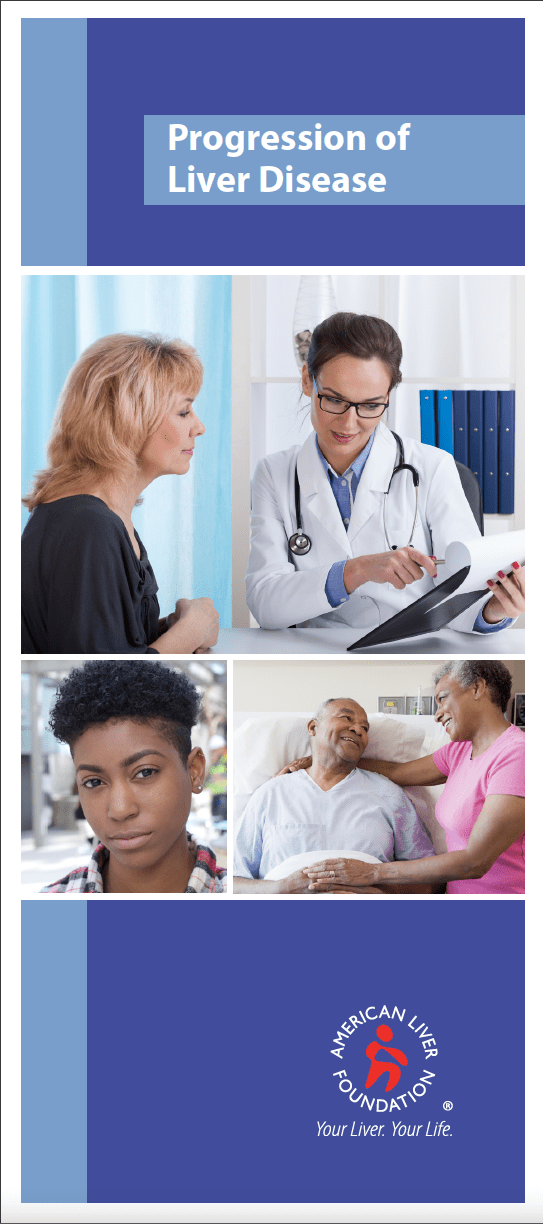
 Understanding the risk factors for liver cancer is a big step in reducing your chances of getting liver cancer.
Understanding the risk factors for liver cancer is a big step in reducing your chances of getting liver cancer.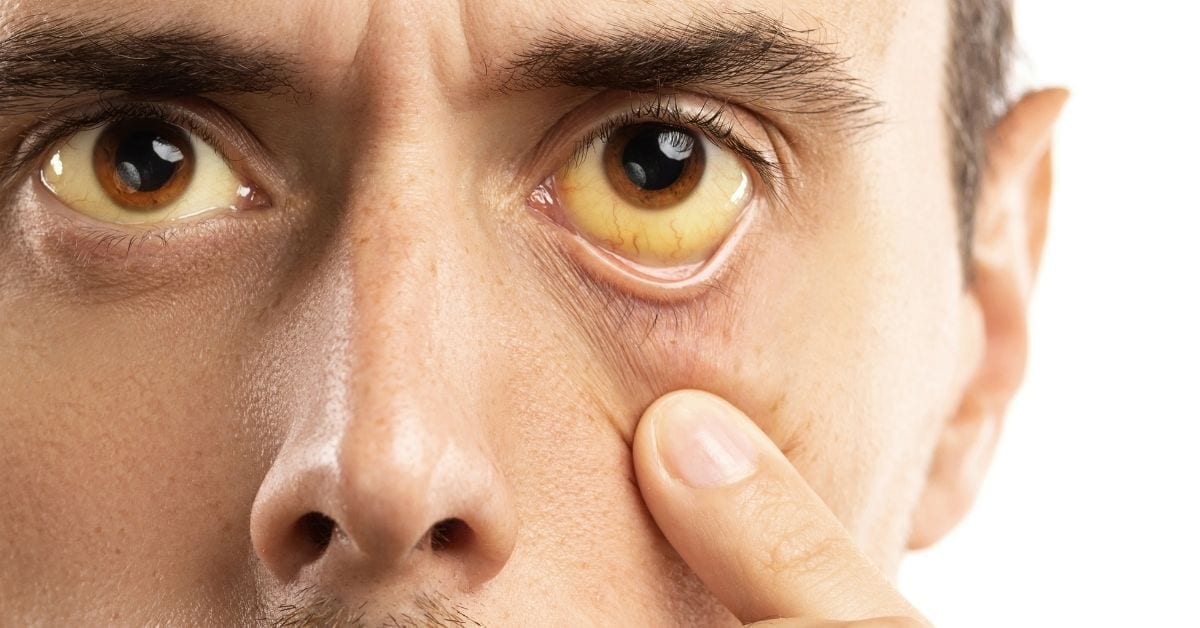 Once symptoms occur, they can include:
Once symptoms occur, they can include: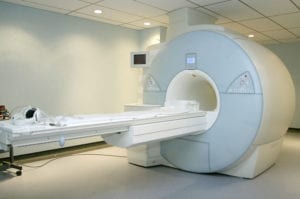
 If the cancer has not spread and the rest of the liver is healthy, treatment options may include:
If the cancer has not spread and the rest of the liver is healthy, treatment options may include: If you have been diagnosed with liver cancer, you may feel shocked and scared. This is understandable. You will want to get as much information as you can from your doctor so that you will understand what is going on. Here are some questions that you can ask when you have your appointment.
If you have been diagnosed with liver cancer, you may feel shocked and scared. This is understandable. You will want to get as much information as you can from your doctor so that you will understand what is going on. Here are some questions that you can ask when you have your appointment.